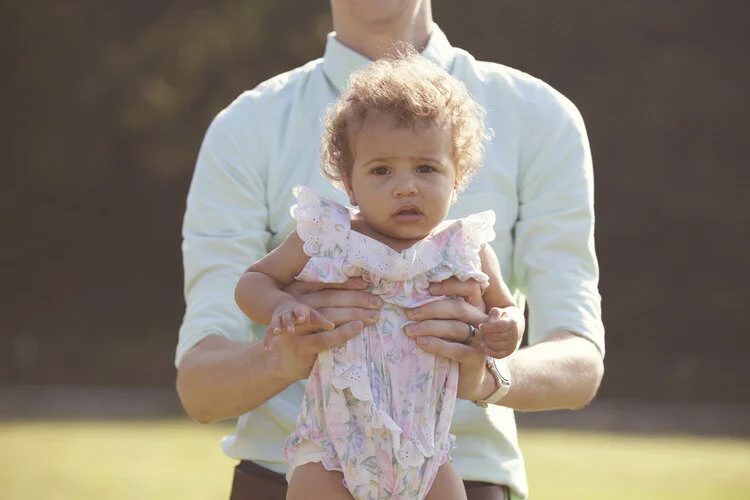In my city alone there were 9,116 confirmed cases of child abuse last year. That averages out to ONE CHILD EVERY HOUR helplessly victimized by those ultimately responsible for providing the care and nurturing they really needed.
That doesn't even include the number of unconfirmed cases of abuse or situations involving neglect or abandonment. That's an even more devastating number.
And that's just one city. There's thousands of others.
While there is much discussion right now regarding how the Church can most appropriately and effectively engage the realm of foster care, there is no question that something must be done - that the Church must engage in a way that offers legitimate help without unintentionally perpetuating any hurt that already runs rampant.
While I do not claim to be an expert or to have any easy answers, I do hope that some of our experiences in fostering can help answer some questions, offer some perspective and encourage the Church to pursue the care of children and families with humility, grace and understanding. Here's a short list of six things I've been learning:
1) As excited as we are to foster kids, they certainly aren't excited about being foster kids.
These kids did not ask for this. Their plight was unjustly handed to them. Our personal sense of excitement does not drive our efforts. Their personal tragedy does. Heartache does. A desire to see good come out of bad does. A willingness to embrace what is broken and do whatever it takes to bring healing does. In those hard, unexciting moments, it's their joy we fight for, not our own sense of personal satisfaction or fulfillment.
2) It's not just about a vulnerable child; it's about the struggling family that child came from.
On one side of foster care is the need for us to respond to the plight of kids and intercede on their behalf. On the other side is the need for us to proactively engage the systemic, generational brokenness of families to help bring healing and hope and prevent their children from ever becoming foster kids in the first place. Our call is not just to foster abused, neglected and marginalized kids but also to help prevent kids from ever even needing to be "fostered". Read more HERE.
3) Everything...EVERYTHING is equal parts good and bad, joy and sorrow.
It's a good day when a child is placed in your home. It's also a really bad day. When adoption is necessary, we celebrate a child gaining a new forever family. We also mourn over all that's been lost leading up to that point. While the opportunity to love these kids is good, no doubt the circumstances that brought them to us are probably very, very bad. It's our joy to participate in their lives; it's also our heartache that any of this ever had to happen in the first place. Read more HERE.
4) The only guarantees we have are that nothing is certain and God is sovereign.
Foster care demands a selfless, costly and potentially painful love, for the sake of a child gaining much as we willingly give all. As we labor to love these children we do so in a cloud of uncertainties and unknowns, but with the confidence of one guarantee - God's sovereignty in their lives is for their good now, and always. His ability to be good to them if they leave us is far greater than any good we could offer them even if they stayed. Read more HERE.
5) The system can be frustrating and the demands inconvenient, but the child is always worth it.
In foster care we willingly accept the costs we may incur as worth it for the gain a child may receive through it. Our comfort for their acceptance; our schedules for their security; our home for their belonging; our hearts for their love. The inconveniences of training classes, parent visits, paperwork and court hearings are unending, but the privilege granted to love that child today, no matter the implications, is joyous. They are worth doing it all over again for tomorrow. Read more HERE.
6) Our fight is against Satan, not biological families; our fight is for kids, not us.
In foster care we fight a very real battle against a very real Enemy - an adversary who is unequivocally committed to steal, kill and destroy families and children. We do not stand against biological families, as grievous as their actions may be at times. Nor do we stand for our own agenda or personal preference for how the case may unfold. Rather, we stand for what God stands for, the hopeless and helpless, and against what He opposes, the Enemy establishing a destructive foothold in a child's life. Read more HERE.

